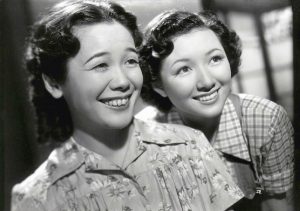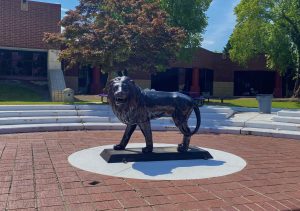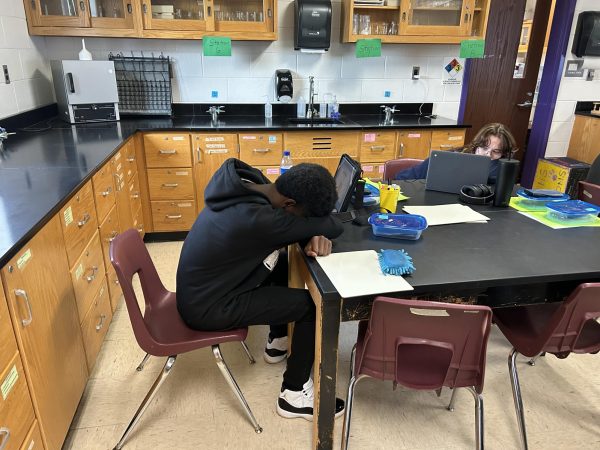Social media has a hidden influence on anorexia nervosa
March 20, 2019
Society tends to pinpoint features on our bodies that affect us both mentally and physically. We allow ourselves to be caught up in this blinding view that we all have to look a certain way. It comes to the point where we criticize others on the way they look; whether they are too fat, too skinny, have acne scars, the type of clothes they wear, etc.
We all need to realize that not everyone’s the same. Everyone has something that makes them unique and different from others. Online, there are many posts that can have various effects and meanings towards other people. Throughout the world, individuals are exposed to posts online that increases the risks of eating disorders. Having complete access to these social platforms will only increase the risks for the growth of insecurities and illnesses as it can occur to both men and women.
All around the world, about 30-70 million people are diagnosed with eating disorders. As society is taking on a more modern-technological age, social media carries a heavy influence over individuals who uses them on a day-to-day basis. Anorexia-Nervosa is the most common outcome from the usage of social media. This disorder solely focuses on weight loss and the avoidance of food. There are two types of this disorder; binging with purging, and restricting the intake of food.
For the diagnosing of anorexia nervosa, the common characteristics include restrictions, fear of food, and malnourishment of the body (“Anorexia Nervosa”). Some of the dangerous effects of anorexia nervosa include not weight loss, but it can also increase the risks for organ failures, cardiac arrest, and many other implications. The causes of eating disorders all vary, but the effects tend to lead towards social influences. With the help of social media, these cases of eating disorders increase at an alarming rate.
Peer pressure and social acceptance are severely related to the development of eating disorders. All around the world, a variety of people tend to focus more on their bodies than their overall health. Whether it is their weight or their shape, the media sends out unrealistic standards that can majorly affect others.
Earlier this year, an interview was conducted with Nutritionist Mary-Dye. Mary-Dye studied college health and went into nutrition solely on the fact that she felt the need to help people who have a bad relationship with food. During the interview, she explains her position and views on eating disorders and wants to project that all food is good; that all bodies are not the same and have different needs. In her appointments with clients, Mary dye focuses on the patterns that the eating disorders can have. These patterns mostly include the fear and avoidance of food, over consumption of food, and the occurrence of both.
From her experience from a variety of clients, Mary-Dye noticed that eating disorders are a coping mechanism and people do not have the choice to have them. In relation to the influences from social media, she believes that online sources create an unrealistic expectation towards people who take their time scrolling through posts. Having more access to social media leads to the exposure of peer pressuring for weight loss and only increases the ideals for body image. Social media is open 24/7 and can lead people to go on for reinforcements of their insecurities and beliefs. Mary-Dye was very open in the beliefs of her frustration towards the perception of food and only hopes that we—as a society—can help change that.
Overall, people start to feel compelled to uphold expectations or reputations from others, especially those who have low self-esteem. So what can we do? People need to know that there is so much more to a person than their bodies and what they eat. Everyone is different and we all have to be aware of that.
If we spread awareness and not promote these certain dangerous diets, then there will be a decrease in the diagnosing of these disorders. Incorporating these solutions will not only help reduce these chances of having an eating disorder, but it can also help people value themselves and other people for who they are naturally.




















